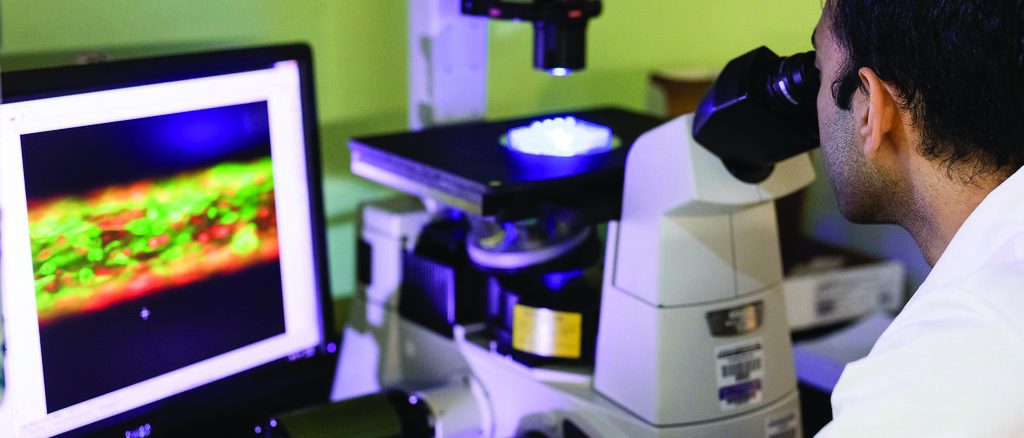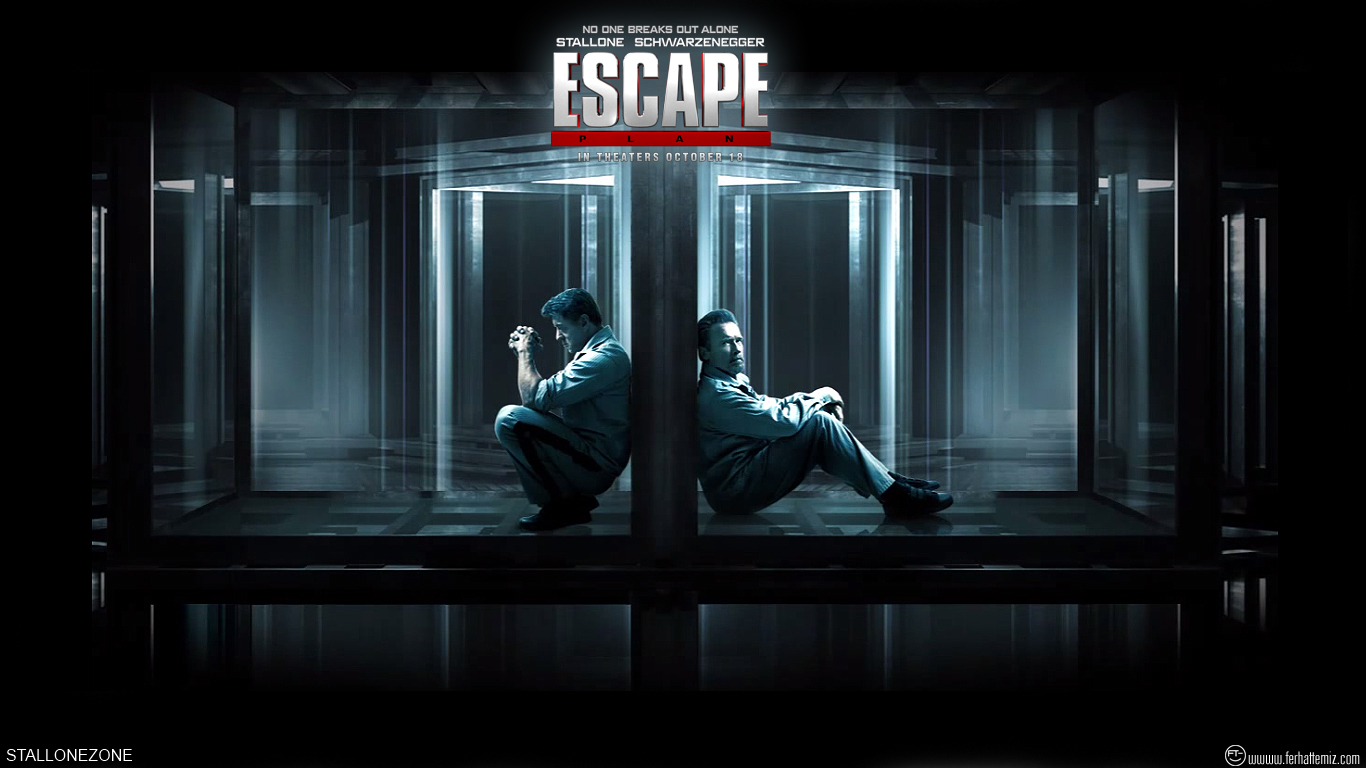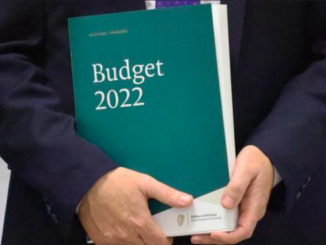
[dropcap]I[/dropcap]rish third-level universities are set to play a vital role in a new research and development (R&D) directory for businesses.
The directory, organised by Knowledge Transfer Ireland (KTI), will serve as a resource for companies looking to partner with universities for R&D opportunities, specifically with STEM-based projects.
“There is a wealth of potential in our higher education institutes and research centres, and increased collaboration across enterprise and academia can deliver results today and act as a magnet for future investment,” said Alison Campbell, director of KTI.
KTI is an Enterprise Ireland-backed organisation with the goal of helping merge the business sector with the research and technology sector.
Minister for Higher Education, Simon Harris, spoke highly of the KTI’s new directory when he addressed the project in late May.
“Our third level system can provide access for companies to the brightest minds and cutting-edge infrastructure, and it is very welcome to see over 50 of these institutes and research centres profiled in the KTI Directory,” Harris said.
On top of consolidating the best R&D facilities the country has to offer, the “Directory of research, development, and innovations supports for enterprise,” as it’s called, will include government funding opportunities such as the Disruptive Technologies Innovation Fund, Science Foundation Ireland’s Strategic Partnership Programme, and Enterprise Ireland’s Innovation Vouchers.
The directory will also include profiles of universities and research centres, which companies can use to begin cultivating relationships with the institutions for long term R&D growth.
“I have no doubt we will continue to see ambitious spin-outs grow out of our universities, institutes of technology and technological universities, as well as existing businesses around Ireland solving real-world problems through collaboration with the third level,” Harris said.
Today, Ireland has more than 2,100 active collaborative research projects between businesses and universities. Since the Dept. of higher education first started tracking the figures in 2015, the country has seen a 76 per cent increase in these projects.
With the pandemic forcing an unprecedented wave of innovation among Irish businesses, Harris says the new directory comes at the perfect time.
“There are many challenges ahead as we recover from Covid, decarbonise our economy and adapt to the digital transformation,” he said. “There will also be opportunities, and those who can adapt and innovate will be the winners.”
Campbell agreed.
“There is a wealth of potential in our higher education institutes and research centres, and increased collaboration across enterprise and academia can deliver results today and act as a magnet for future investment,” she said.
Devin Sean Martin



